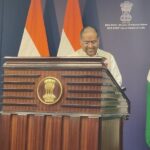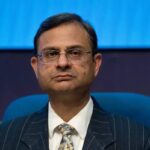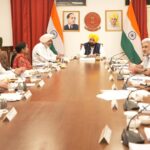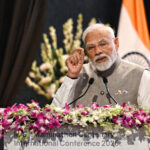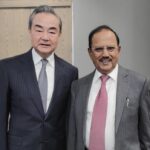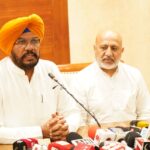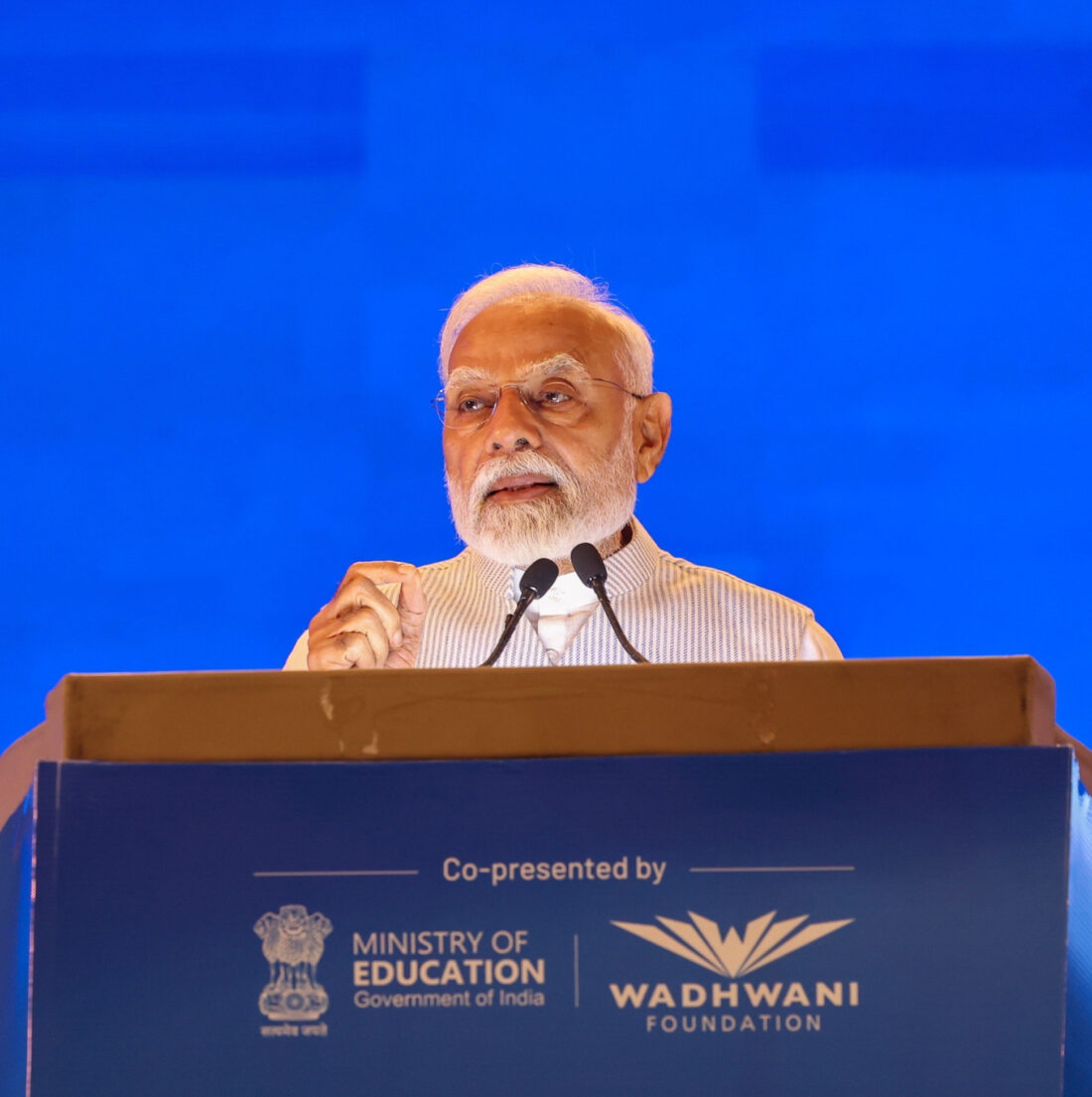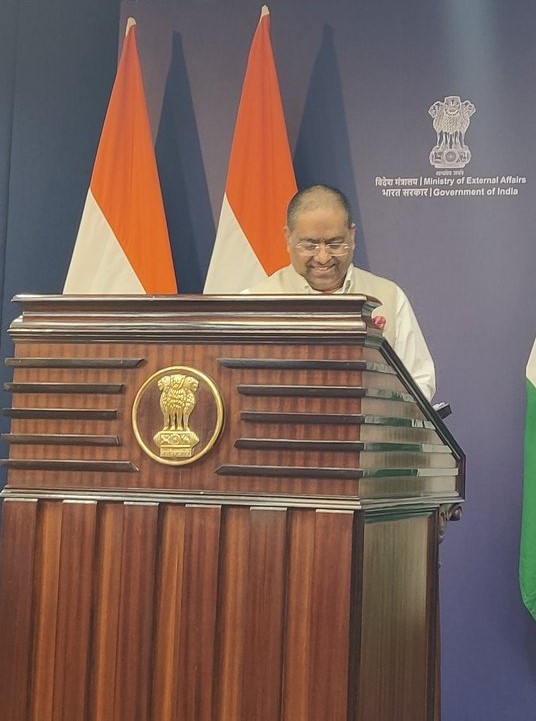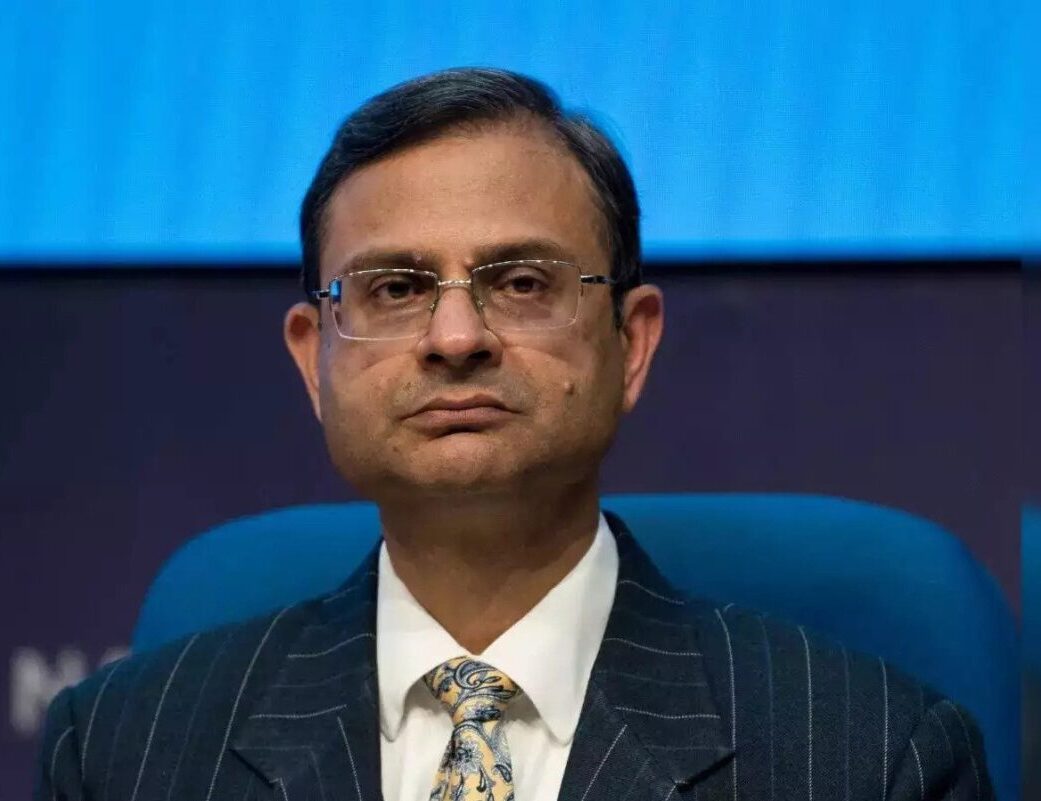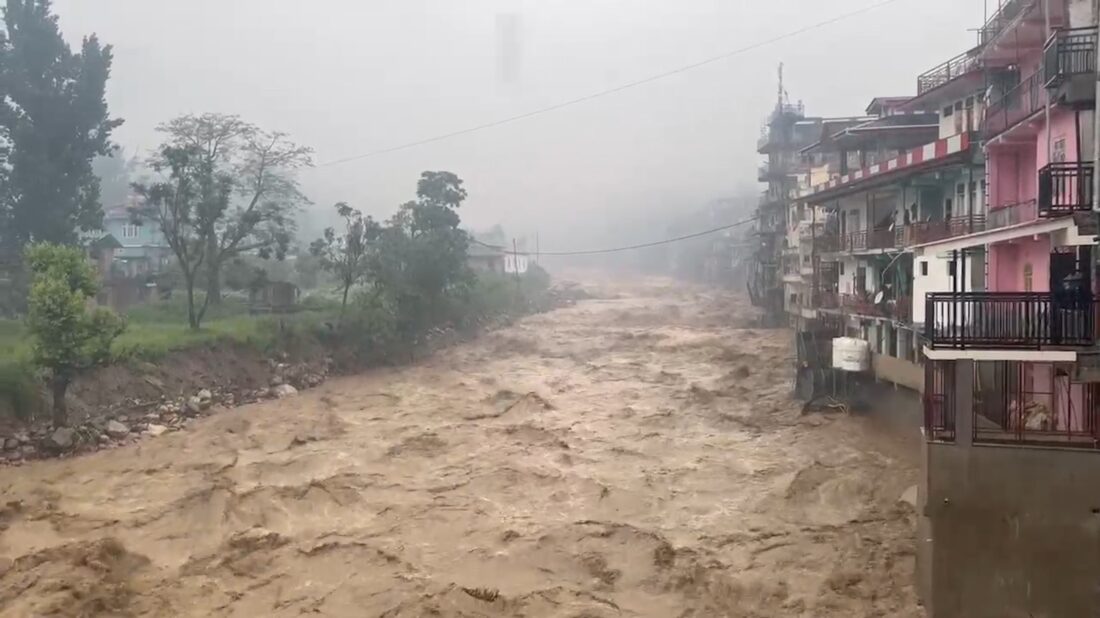The North News
New Delhi, April 29
Amid heightened tensions following the recent terror attack in Pahalgam, Prime Minister Narendra Modi on Tuesday appeared to take a veiled swipe at Pakistan. Speaking at a conclave at New Delhi’s Bharat Mandapam, Prime Minister Modi on Tuesday remarked, “We have a lot to accomplish in limited time.” Though ostensibly referring to India’s rapid advancements in artificial intelligence and deep-tech, the timing and tone of his statement hinted at broader national security concerns and urgency.
Against this charged backdrop, Modi used the platform to reaffirm India’s ambitions to become a global hub of innovation, driven by its youth and a rapidly modernising education ecosystem. He inaugurated super hubs at IIT Kanpur and IIT Bombay dedicated to artificial intelligence, biosciences, biotechnology, and health and medicine — projects he described as pivotal to the country’s future.
He also launched the Wadhwani Innovation Network, part of a wider collaboration between the Wadhwani Foundation and the National Research Foundation. The initiative aims to bolster India’s deep-tech capabilities and research infrastructure. Congratulating all stakeholders, Modi singled out Romesh Wadhwani for his lifelong dedication to education reform and technological empowerment in India.
Modi recalled Wadhwani’s personal struggles — including childhood polio and displacement during Partition — and hailed his transformation into a global tech entrepreneur as inspirational. He praised Wadhwani for reinvesting in India’s school education, Agri-Tech, and public health through digital and AI-driven innovations. “Science and technology must serve society,” Modi said, quoting a Sanskrit scripture on selfless service.
The Prime Minister stressed that the country’s youth, equipped with the right tools, could power India’s transformation into a global leader. He outlined recent policy moves under the New National Education Policy (NEP), designed to bring India’s education system in line with international standards. The NEP has introduced new curricula, AI-based learning platforms, and textbooks in over 30 Indian languages.
Highlighting the “One Nation, One Digital Education Infrastructure” under PM e-Vidya and DIKSHA, Modi pointed to major strides in access and equity. The National Credit Framework, he said, now enables students to study diverse subjects simultaneously, opening new pathways in education and careers.
India’s research ecosystem, according to Modi, has received a substantial boost — with R&D spending more than doubling in a decade and nearly 6,000 research cells created across higher education institutions. Patent filings have also doubled since 2014, he noted, signalling a thriving innovation culture.
The ₹50,000 crore National Research Foundation and the “One Nation, One Subscription” initiative were also touted as cornerstones of a renewed push for academic excellence. Modi cited the Prime Minister’s Research Fellowship as a key measure ensuring talented youth face no financial or institutional hurdles.
India’s universities are fast becoming global research hubs, Modi said, referencing groundbreaking achievements like the world’s longest hyperloop test track at IIT Madras, nano-scale light control technologies from IISc Bangalore, and the development of India’s first indigenous MRI machine.
“Yuvashakti is the driving force of our research culture,” he said, pointing out that over 90 Indian universities have made it to global impact rankings. India now has 46 universities in the QS World Rankings, up from just nine in 2014. Modi also highlighted the global footprint of Indian institutions — with IIT Delhi launching in Abu Dhabi, IIT Madras in Tanzania, and plans for IIM Ahmedabad in Dubai — as well as foreign universities setting up shop in India.
He underscored the centrality of youth-driven innovation, declaring that the “trinity of talent, temperament, and technology” would define India’s future. To this end, 10,000 Atal Tinkering Labs have been established to foster early innovation, with 50,000 more announced in this year’s Union Budget.
Other schemes, such as the PM Vidya Lakshmi for student loans and the creation of 7,000 internship cells, are meant to bridge the gap between academic learning and real-world employment. “Our goal is to ensure that every young Indian has the tools and opportunities to lead, innovate, and build,” Modi concluded, returning to the urgency of the moment.


